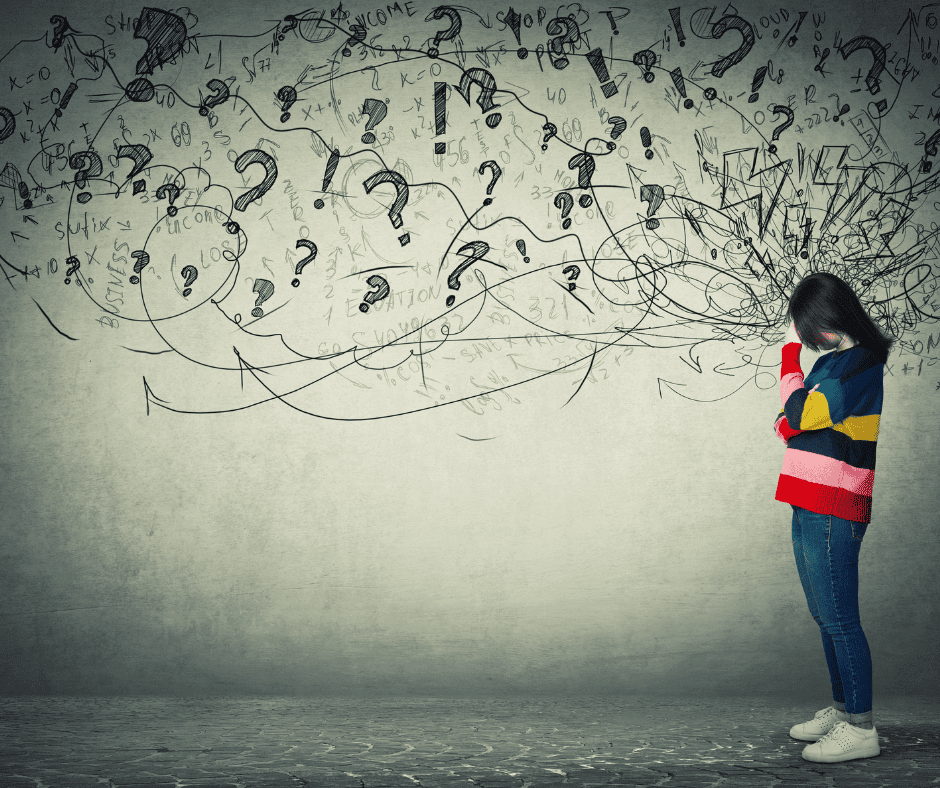
To be a performing artist is to exist in a constant state of whiplash, especially in a classical art form. We must nurture our ability to be vulnerable, but we need to maintain a tough skin. We need to practice and dedicate ourselves to the craft, but we must also release our perfectionism when it is time to audition or perform. We must freely express ourselves and fully inhabit our bodies, knowing full well that everyone has an opinion about our vessel. Take constructive criticism, but don’t take it personally, even if your performance is extremely personal. What’s the problem? Is that so hard?
It is one thing to recognize a personal lack of confidence (self-awareness is a great start), but it is another thing to flip on that switch of deeply internalized confidence. And flipping a switch can be a gross oversimplification. So how do we get to a place of self-empowerment as singers?
Empowerment might look different to each of us and it can manifest itself in infinite ways. There is no one path to inhabiting this energy, but there are many factors that can get in our way. Opera singers are often blamed for their own insecurity and lack of self-empowerment. We have a collective need to validate our shared experiences and the circumstances that brought us to this place. But even greater is the need to reshape our own narrative.
We tend to erase the positives of a situation and zoom in on what we perceive as negative or lacking. Our inclination to compare ourselves to each other also falls into these patterns. This default is currently more unhelpful than it is useful. In addition, our society can often encourage us to be insecure. The opera industry is no exception.
Many singers have been on the receiving end of harmful language from a mentor early on in their education or career. Perhaps the mentor argues that it is important to learn how to have tough skin. They might even have the intention of helping by using a tactic that they were the recipient of when they were a young artist. These are patterns of unhealthy communication that have been passed down through generations from one master teacher to the next. Regardless of the reasons, these cycles funnel out singers who feel good about their art only through external validation. Remember that no field has a monopoly on insecurity, and the more you forgive yourself for your extremely human existence, the more peace you will find in yourself.
Ask someone on the street what an opera singer is and most would describe a caricature of Maria Callas or Luciano Pavarotti—a true diva. Singers should exude confidence and ownership of their craft when they walk into a room. Instead, they often show up to their auditions second guessing every choice they made, including the massive risk of not wearing the same jewel-toned wrap dress that they’ve had since 2010. What one wears should be the least important thing about an audition, but decision paralysis can wear you down. We end up fixating on too many minuscule factors that end up exhausting our performances and ourselves. And we aren’t silly for doing so. How do we push all of that aside and take up space unapologetically?
Singers are vying for what appears to be fewer and fewer paying positions. Many have spreadsheets and social media groups that help to track these opportunities. How many hours are lost from scrolling through Facebook and Instagram and competitively scanning to see who is performing where? You might wonder, “Why are they experiencing success and not me?” What you see on social media might be a display of confidence, and perhaps you feel at fault for feeling demoralized. It is hard. Although it is OK to feel demoralized, don’t forget that your value as an artist doesn’t change whether you booked the dream gig or if you’ve tirelessly sung the same run over and over again in the privacy of your own home. We can celebrate a season announcement without placing all of our self-worth into a Canva graphic. Being an artist isn’t a job, it is a state of being. And thousands of us have a beautiful yet vulnerable and challenging shared experience. And yet we get up the next day and do it all again.
If we are all inherently unique, why torture ourselves by comparing our own craft to someone else getting more work? We must remember that rejection is nothing more than information (although not always useful or helpful). Too many of us focus on winning over people who don’t want to be won.
So find that teacher and coach that believe in you and provide you with valuable tools you need. Discover those attributes that make you special and unique. Invest in those strengths. Run from panels and teachers who can’t see any of the positives that you have to offer. There will always be difficult directors and conductors out there, but for goodness’ sake, please don’t pay someone to be mean to you! Continue your practice, your experimentation, and your risk-taking. Walk into that room and don’t apologize. Own your art, own yourself.
Something we often forget as artists is how powerful we are. We saw how the world turned to our creations for comfort, distraction, and peace during the beginning of lockdown. We adapted to using technology in new ways to continue to reach audiences. Many of us lost loved ones and had to change careers. Yet we are still here, trying to make the world a more beautiful, thoughtful, joyful, and reflective place. Your vulnerability and resilience as an artist are superpowers. No one can take that away from you.
